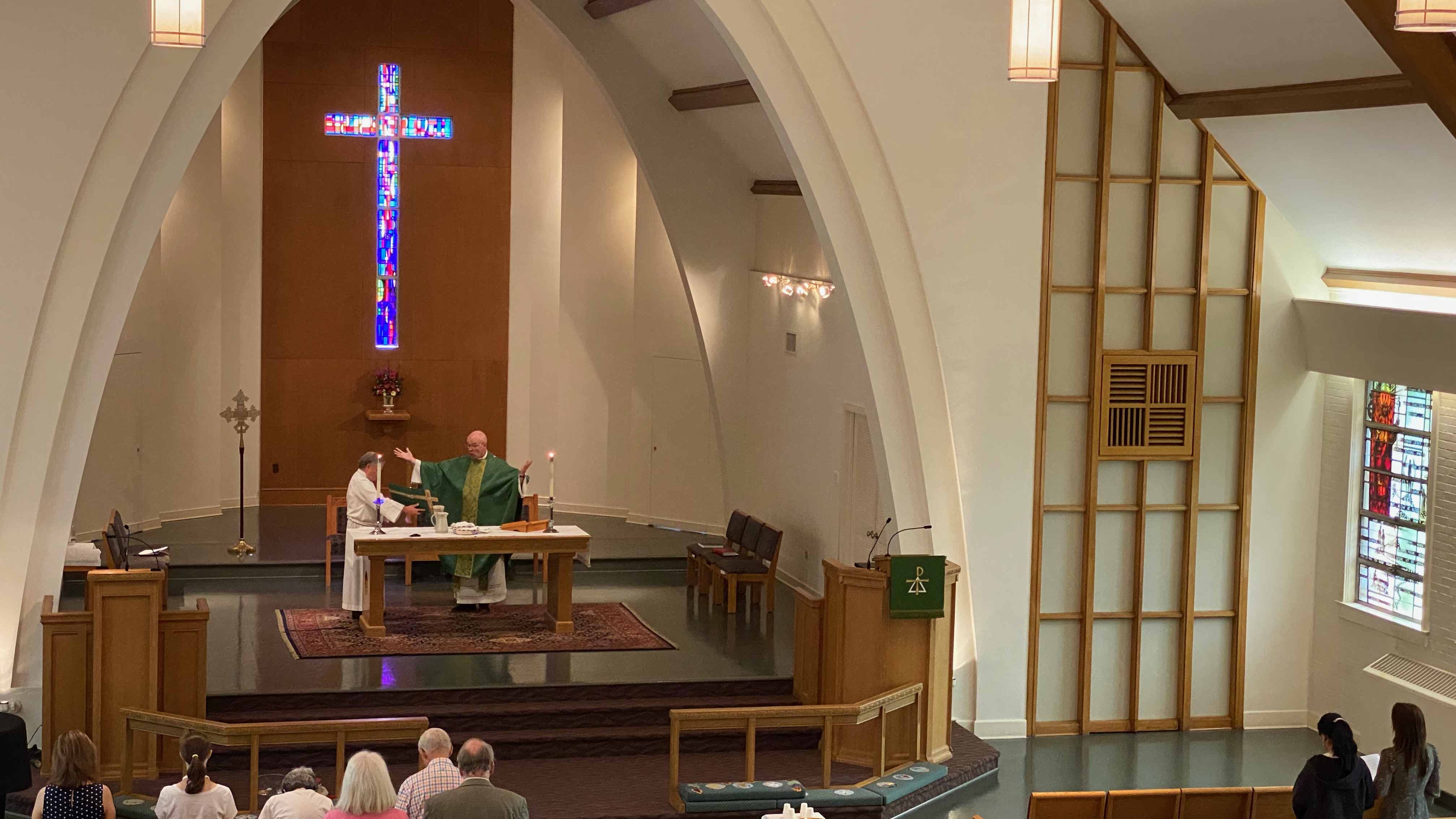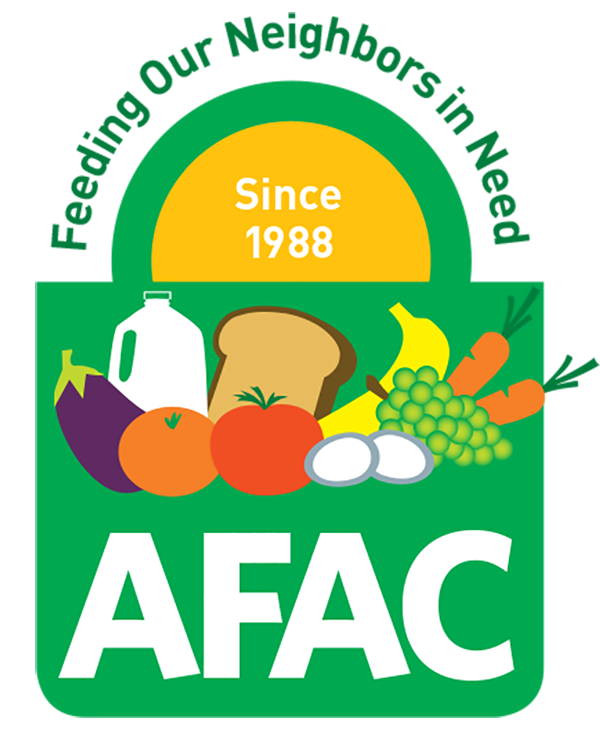It used to be that Advent was a penitential season not unlike what Lent also used to be, an extended period of reflection on our shortcomings and need for God’s forgiveness, made possible by the Passion of Christ. Even as Lent has shifted more to a catechetical season of preparation for baptism – or affirmation of baptism – at the Easter Vigil, understandings of Advent have also shifted in the direction of anticipatory hopefulness rather than penitential preparations. This shift is noted visually in the use now of the color blue during Advent and not purple. Blue is associated with hope, while purple is associated with penitence.
I thus turn again to the theme of hope – a major appeal of Advent – something seemingly in short supply during 2020. This has been an apocalyptic-seeming year that has unveiled in disturbingly bold relief many of the cruel shortcomings of our society in the inter-related crises of a pandemic that has most ravaged the poor and most vulnerable, a major economic down-turn that again has disproportionately affected the most vulnerable, and occasions of racial injustice that have filled the streets of the nation with protests. Amidst these intractable seeming crises, a sense of hopefulness can be elusive.
But it is hope that keeps the Spirit’s winds in our sails to move us forward in difficult times. Yet hopefulness can be fleeting, ephemeral, mysterious, unpredictable, especially in a season of crises when so much of what gives me hopefulness – being with God’s people in person, assembled around the means of grace in Word and Sacrament – is not safely feasible now during the pandemic.
Our crisis-laden Advent 2020 circumstances call to mind a compelling passage from Paul’s letter to the Church at Rome: “22We know that the whole creation has been groaning in labor pains until now; 23and not only the creation, but we ourselves, who have the first fruits of the Spirit, groan inwardly while we wait for adoption, the redemption of our bodies. 24For in hope we were saved. Now hope that is seen is not hope. For who hopes for what is seen? 25But if we hope for what we do not see, we wait for it with patience.” (Romans 8:22-25)
“For who hopes for what is seen?” Indeed, hope is all about that which is yet to be seen, yet to come, anticipated, longed for. As we wait with patience, a near corollary, of course, is faith, trust that God will make good on the divine promises.
Then there’s love. “And now faith, hope, and love abide, these three; and the greatest of these is love.” (1 Corinthians 12:13) Love is that which can occupy our time and activity during faith-filled Advent hopefulness, waiting and watching. We don’t just sit around hoping for what is yet to come. No, by God’s grace and in the power of the Spirit, we get to occupy our days with acts of lovingkindness to our neighbors – like refraining from worshiping indoors in person, wearing masks for the sake of the most vulnerable, keeping our safe distance, giving all the more to those in need, and still more for the sake of neighbor-love in the creative freedom of the gospel. Thus, Advent is marked also by divine love to which we bear witness in our loving deeds.
Which brings me finally to yet another dimension of Advent comings. Indeed, with historical retrospective, we remember Christ having come to us at Christmas, and we look to Christ’s future coming to usher in the fullness of God’s reign. But we also look for ways in which Christ still comes to us in our present moments, especially recalling the Reign of Christ Sunday in which we heard the parable of the judgment of the nations when Christ is discovered in the least of those who are members of God’s family, those hungry, thirsty, the strangers, the naked, the sick, the imprisoned. In lovingkindness by addressing the needs of the least among us, we discover that “just as [we] did it to one of the least of these who are members of [the divine] family, [we] did it [Christ]. (cf. Matthew 25:31-40)
So, Advent covers the past, the present, and the future. It’s a season in the church year that is richly textured and overlayed with a multiplicity of different meanings. Thus, it is a favorite! May you also know the spiritual and theological richness of Advent. In the Spirit, and by God’s grace, may you bear witness to faith-filled, hopeful lovingkindness in your ministry in daily life.
Lovingly and confidently hopeful in Christ,
Pastor Jonathan Linman






